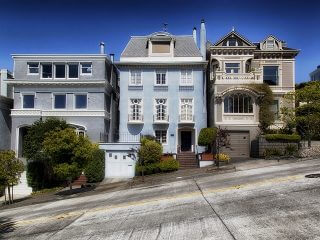
How Defaulting Homeowners may Benefit from the California Homeowner Bill of Rights.
By Nima Etemadian – Delt Law Intern – Thomas Jefferson School of Law – Class of 2015
The California Homeowner Bill of Rights was enacted on January 1, 2013 and was put into effect to ensure fair lending and borrowing practices for California homeowners. The laws are designed to guarantee basic fairness and transparency for homeowners in the foreclosure process. Below is an illustration regarding how the bill can ultimately help a family prevent foreclosure, whereas in the past, homeowners would have very little chance of keeping their home.
Utilizing the California Home Owners Bill of Rights will not guarantee a stop in the default process but does give a homeowner more options and security when going through a foreclosure process. Becoming educated about this bill is the first step a homeowner can take in protecting themselves and their most important asset, their home.